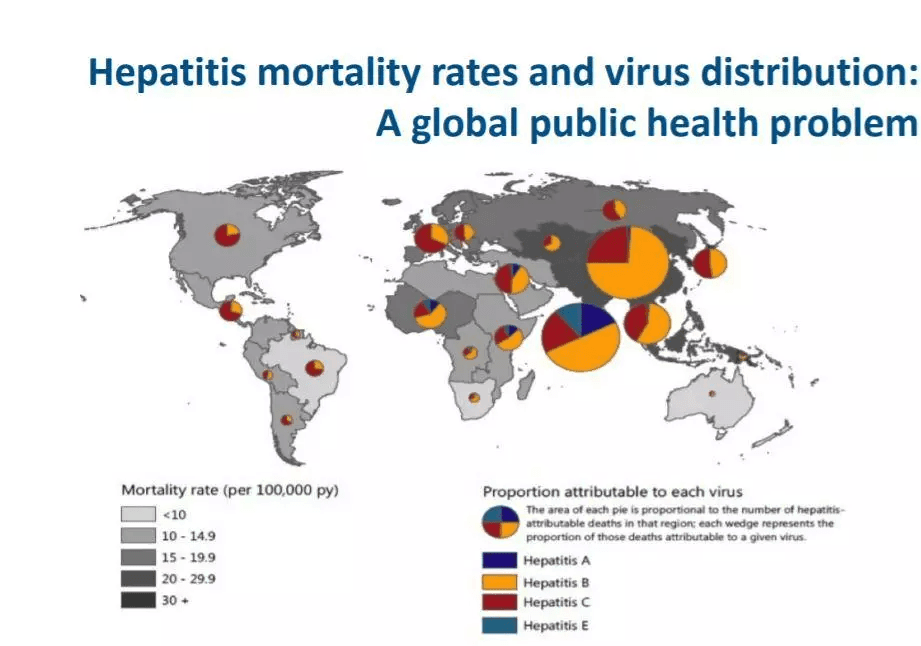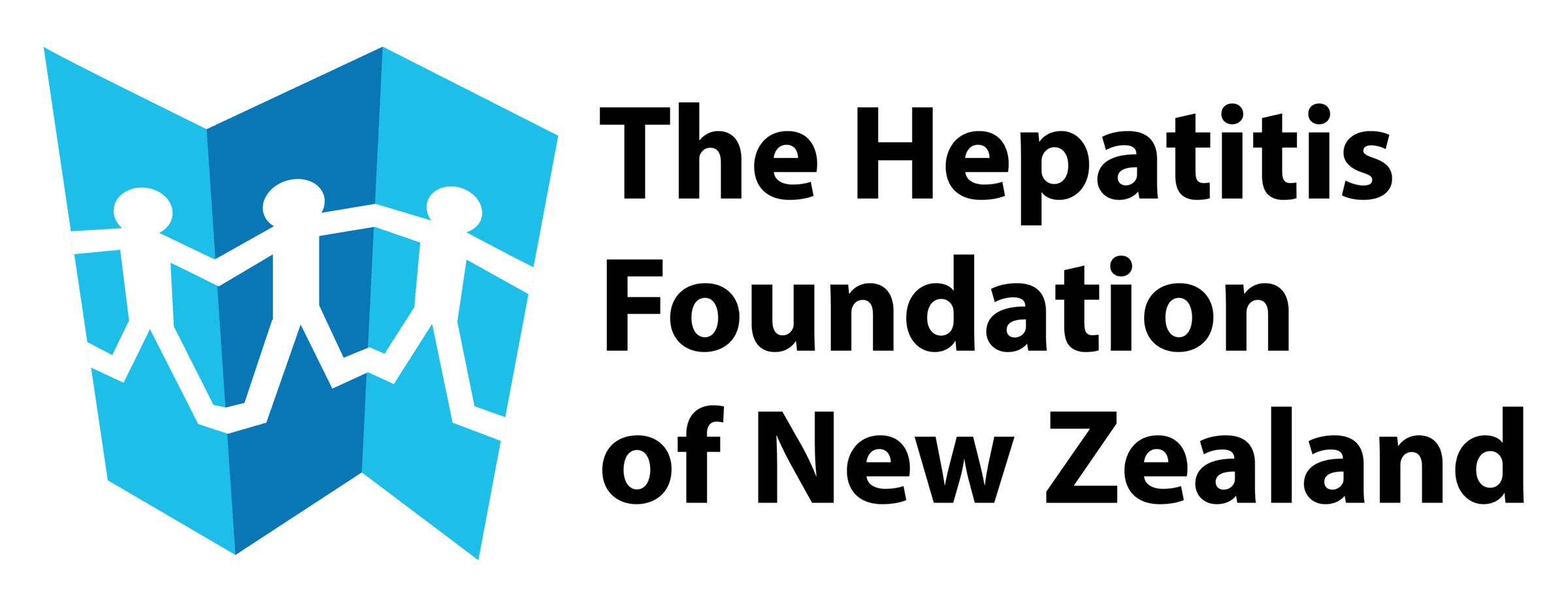2030 targets
The World Health Organisation (WHO) is working towards eliminating viral hepatitis by 2030. This involves reducing new infections by 90 percent, diagnosing 90 percent of people with viral hepatitis, reducing mortality by 65 percent and treating 80 percent of eligible people. New Zealand is one of the 196 countries participating in this initiative. We are also supporting Australia’s action plan to better address and lessen the burden of chronic hepatitis B across Australasia.
In 2013, viral hepatitis was a leading cause of death worldwide. It led to 1.46 million deaths, more than HIV, tuberculosis or malaria. This figure has risen consistently since 1990. More than 90 percent of deaths are due to the sequelae of infections with the hepatitis B virus (HBV) and hepatitis C virus (HCV). Prevention can reduce the rate of new infections, but the number of people already infected would remain high for a generation. Without a dedicated effort, the mortality rates will continue to rise.
In August 2021, the World Health Organisation released a standardised road map to help participating countries measure their efforts to eliminate hepatitis B and C. The Interim guidance for country validation of viral hepatitis elimination sets a target of reducing their incidence of hepatitis by 90 percent and lower hepatitis-related deaths by 65 percent compared to 2015 rates.
There are an estimated 93,600 people with CHB in New Zealand (Horsfall et al., 2020). “We estimate 50 percent of people with hepatitis B are diagnosed, but about 19 percent of them have been referred to us," our CEO Susan Hay says. "Furthermore, 2017 modelling (PDF, 794.38 KB) showed only 7000 are being treated. There should be three times this number. This means we need to use our patient register nationally to ensure patients aren’t retested unnecessarily, and that those who need treatment get it."
Treatment now can prevent deaths in the short- and medium-term. Linking people who need treatment with the necessary healthcare providers involves increasing diagnosis of hepatitis B, encouraging all HBsAg-positive New Zealanders to join the Hepatitis Foundation’s long-term monitoring programme, and encouraging everyone with the virus to participate in clinical trials to help researchers work towards developing a cure.

The foundation also provides hepatitis education and training for primary healthcare professionals and help people access healthcare despite barriers they may face.
Susan says the foundation is in a good position to provide national leadership and increase diagnosis rates. “We have developed a draft hepatitis B plan to help support a national strategic approach, and we look forward to continued support from the NZ Ministry of Health to better protect New Zealanders from the lifelong harmful effects of viral hepatitis.”
Our national enrolment register helps track hepatitis management progress, and our long-term monitoring of people with hepatitis B improves liver health outcomes. To enrol please contact us or complete a self-enrolment form.


